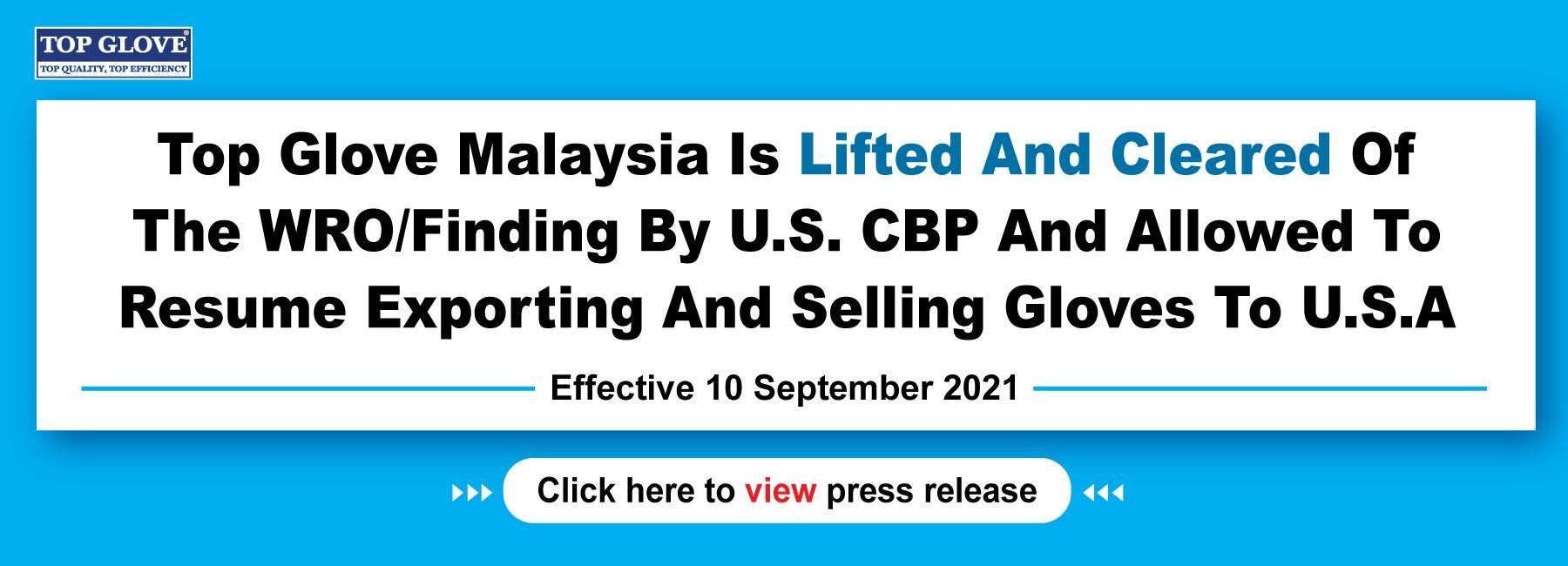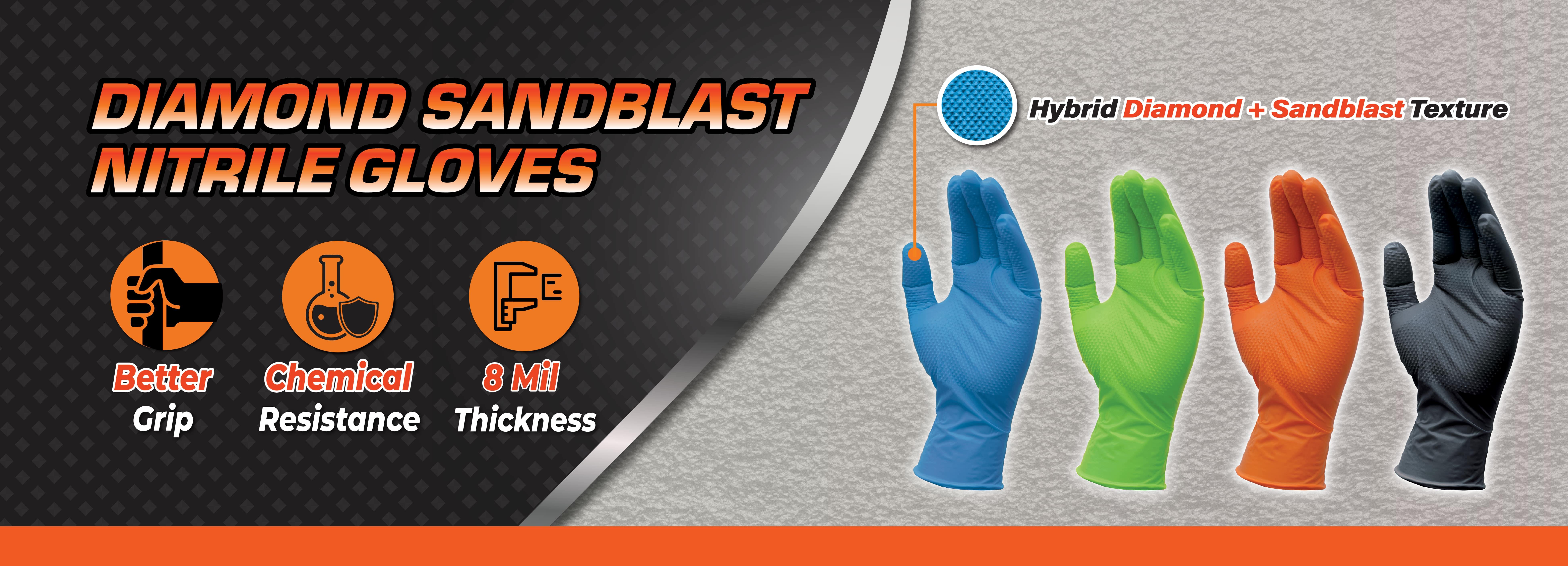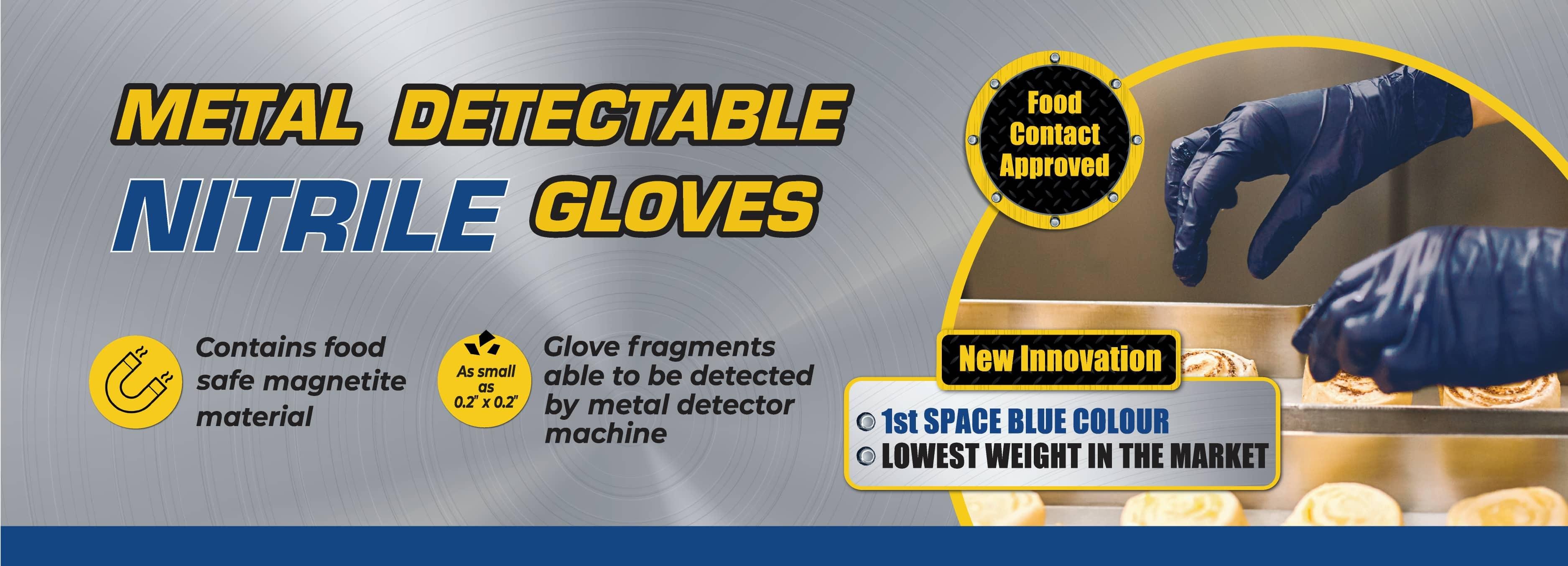MIGRANT WORKER ACTIVIST QUESTIONS CBP’S BAN ON TOP GLOVE
08 April 2021 / 12:04
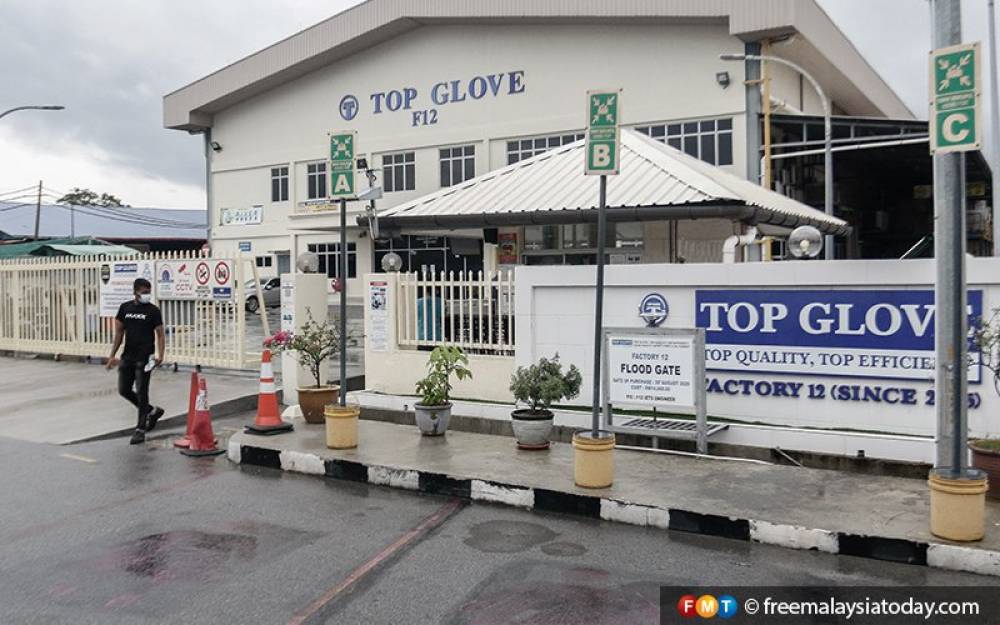
Top Glove says it hopes to achieve the ‘best possible’ environmental, social and governance (ESG) practices in the industry.
PETALING JAYA: Migrant worker activist Andy Hall has questioned the US Customs and Border Protection’s (CBP) ban on Top Glove Corp Bhd’s products, claiming that other Malaysian glove manufacturers are “much worse” when it comes to the treatment of workers.
A harsh critic of the world’s largest rubber glove manufacturers, Hall’s various allegations of forced labour within the company led to Top Glove’s executive chairman and founder Lim Wee Chai declaring last October that the British activist was out to “sabotage” the company.
However, both parties are now working hand-in-glove to resolve the enhanced CBP ban announced last month, which followed the customs agency claiming that it had found “sufficient information” to believe that Top Glove uses forced labour in its production of disposable gloves in Malaysia.
At a webinar organised by Top Glove today, Hall also spoke of Top Glove’s efforts to remediate workers’ recruitment fees, improve their living conditions and tackle various other forced labour indicators.
With such progress having been made, he then questioned CBP’s trade sanctions against Top Glove over other Malaysian glove manufacturers, which he claimed were “much worse” in their labour practices.
“One has to ask about the fairness, predictability and rationality of the US CBP (sanctions). Many of the glove companies in Malaysia have much worse standards.
“I’m working on a number of very serious cases now where workers have not gone outside their (factory) compound for more than a year. (Some) workers are alleging torture and violence.
“We need the CBP to justify its approach. If these (CBP’s) findings are imposed on Top Glove, then they have to be imposed on other glove companies and other industries in Malaysia.”
During the briefing, Lim said the company is looking forward to collaborating with Hall as Top Glove aims to become a leading glove manufacturer with the “best possible” environmental, social and governance (ESG) practices in the industry.
While he said a “certain percentage” of its production lines in the country have been affected by the CBP ban, he said the impact would be temporary.
Lim added that the company is continually working with CBP towards completing additional rectification and verification work to eliminate the forced labour issues within the company but was unable to provide a timeline as to when the ban would be lifted.
CBP last month directed personnel at all US ports of entry to begin seizing disposable gloves produced by Top Glove, this after a months-long investigation aimed at preventing goods “made by modern slavery” from entering US commerce, it said in a statement.
The announcement that there was “sufficient information” that the company produced gloves with forced labour came after it had said last July that there was “reasonable but not conclusive information” that multiple forced labour indicators existed in Top Glove’s production process.
Among these indicators included debt bondage, excessive overtime, abusive working and living conditions, and retention of identity documents.
Convert ‘Bs’ to ‘As’
Meanwhile, Top Glove managing director Lee Kim Meow said the company had an engagement with CBP last week to inform that it had been complying with its directives and aimed to convert at least one of the “Bs” to “As”, Bernama reported.
He added that the company will complete the outstanding tasks after which it will get an independent consultant to verify the changes made.
According to the report, there are 11 significant indicators that the rubber glove producer is required to improve. To date, it has achieved six As and five Bs.
Lee said the As are for abuse of vulnerability, restriction of movement, excessive overtime, abusive working and living conditions, isolation, and withholding wages.
He added that the Bs are retention of identity documents, deception, debt bondage, physical and sexual violence, and intimidation.
“We think that these are important criteria that the US CBP wanted us to rectify.
“We are working hard to improve them so that they can quickly lift the ban on Top Glove,” Lee said.
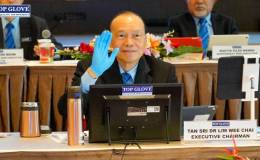


-cropped.jpg)

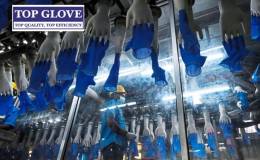

.jpg)
 (1).jpg)

.png)
.png)
.png)

.png)
.png)
.png)
